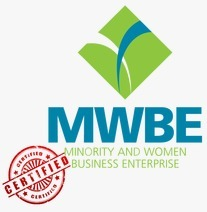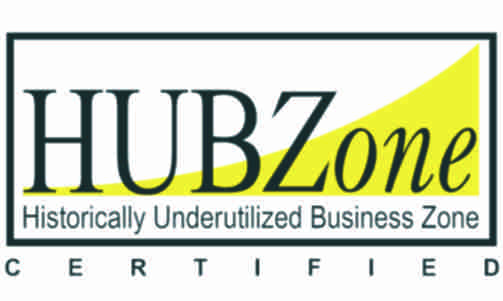
Enterprise Integration Platform as a Service (IPaaS)
An integration platform as a service (iPaaS) provides capabilities to enable subscribers (aka "tenants") to implement data, application, API and process integration projects spanning cloud, resident and on-premises endpoints. This is achieved by developing, deploying, executing, managing and monitoring "integration flows" (aka "integration interfaces") – that is, integration applications bridging between multiple endpoints so that they can work together.
iPaaS capabilities typically include:
- Communication protocol connectors (FTP, HTTP, AMQP, MQTT, Kafka, AS1/2/3/4, etc.)
- Application connectors/adapters for SaaS and on-premises packaged applications
- Data formats (XML, JSON, ASN.1, etc.)
- Data standards (EDIFACT, HL7, SWIFT, etc.)
- Data mapping and transformation
- Data quality
- Routing and orchestration
- Integration flow development and life cycle management tools
- Integration flow operational monitoring and management
- Full life cycle API management
iPaaS applicability:
An iPaaS is typically used for cloud service integration (CSI) and application to application (A2A) integration scenarios. Increasingly, they are also being used for business to business (B2B) integration, mobile application integration (MAI), API publishing and Internet of Things (IoT) integration scenarios.
iPaaS is considered an "enterprise iPaaS" if it:
- Is designed to support enterprise-class integration projects (that is, projects requiring high availability, disaster recovery, security, service-level agreements [SLAs] and technical support from the provider)
- Can support several of the use cases mentioned above
Software as a Service (SaaS)
(SaaS) is a software delivery method that provides access to software and its functions remotely as a Web-based service. Software as a Service allows organizations to access business functionality at a cost typically less than paying for licensed applications since SaaS pricing is based on a monthly fee.
Also, because the software is hosted remotely, users don't need to invest in additional hardware. Software as a Service removes the need for organizations to handle the installation, set-up and often daily upkeep and maintenance. Software as a Service may also be referred to as simply hosted applications.
A partial list of Saas applications we have expertise in:
- Salesforce
- Amazon Web Services (AWS)
- Microsoft BizTalk And Azure
- WorkDay
- Del Boomi
- TeamWork

